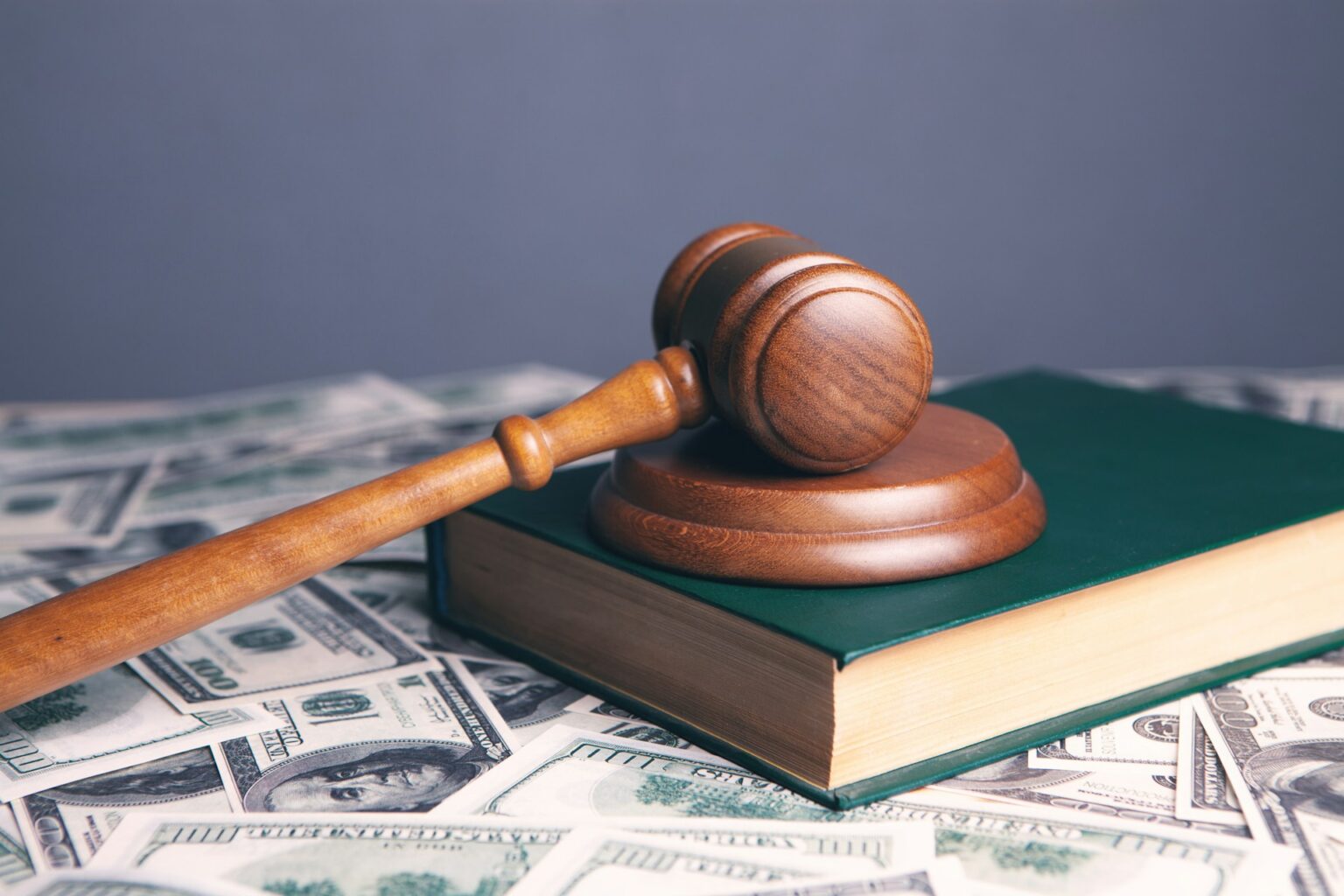In recent developments, the legal battle of Sam Bankman-Fried, the FTX co-founder who was previously convicted of fraud, takes a new turn as his defense team prepares to contest the outcome. This high-profile case sheds light on the intersections of cryptocurrency, legal scrutiny, and media influence. Understanding the intricacies of this case is crucial for investors, legal professionals, and anyone interested in the evolving landscape of financial technology and regulation.
Legal Appeal of FTX Co-Founder: Allegations of Unfair Trial
Sam Bankman-Fried, the former CEO of the cryptocurrency exchange FTX, finds himself at the center of legal debates as his attorneys argue against his 2023 fraud conviction. His upcoming appeal at the 2nd US Circuit Court of Appeals in New York seeks to overturn the decision, which sentenced him to 25 years and demanded $11 billion restitution to FTX clients. The case highlights critical issues such as media influence and judicial fairness in high-stakes trials.
Allegations Against the Trial Process
Bankman-Fried’s legal representatives assert that their client was unfairly portrayed by the media and faced a prejudiced jury. According to their appeal, the judicial process was biased, with Judge Lewis Kaplan allegedly favoring the prosecution by undermining Bankman-Fried’s defense. Claims of the judge dismissing key testimonies and pressuring jurors further fuel arguments for an unfair trial. The defense contends that such actions compromised Bankman-Fried’s right to a fair hearing.
Contention Over FTX’s Financial Health
One of the core arguments presented by Bankman-Fried’s lawyers is that FTX was never technically insolvent but rather faced a liquidity issue. This narrative contrasts sharply with the prosecution’s claims of financial misconduct. Bankman-Fried insists that the cash shortages were misconstrued as bankruptcy, impacting public and judicial perceptions. His team argues that if allowed to present this perspective fully, the trial might have had a different outcome.
Strategies for Redemption: A New Trial or Presidential Pardon
Bankman-Fried’s strategy for overturning his conviction includes seeking a new trial under a different judge. Parallel attempts for a presidential pardon are also underway. Following the precedent of Ross Ulbricht’s pardon, and recent clemency for Binance co-founder Changpeng Zhao by former President Donald Trump, Bankman-Fried’s advocates hope for a similar outcome. However, industry analysts remain skeptical about the likelihood of such a pardon due to political and social factors.
Can Bankman-Fried Secure a New Trial?
Securing a new trial hinges on proving judicial bias and procedural flaws during the original trial. If successful, a new trial offers Bankman-Fried the opportunity to present his defense more comprehensively, potentially altering the outcome.
What Are the Chances of a Presidential Pardon?
While some advocates hope for a pardon, legal experts suggest the chances are slim. The political climate and Bankman-Fried’s earlier ties to the Democratic Party may affect this possibility. Comparisons to other pardoned individuals like CZ may not be entirely applicable due to differing circumstances.
Was FTX Truly Insolvent?
Bankman-Fried claims FTX’s issues were related to liquidity shortages rather than insolvency. This distinction plays a crucial role in assessing his responsibility and the company’s financial strategies during the crisis.
How Has This Case Impacted the Cryptocurrency Industry?
The FTX trial has raised awareness of the regulatory and ethical challenges in the cryptocurrency sector. It underscores the need for transparency and robust legal frameworks to guide the industry’s growth and investor protection measures.
This comprehensive guide to Sam Bankman-Fried’s legal challenges delves into the complex intersection of cryptocurrency, law, and media influence. With ongoing developments, stakeholders can gain deeper insights into regulatory and market implications, assisting in making well-informed decisions.

